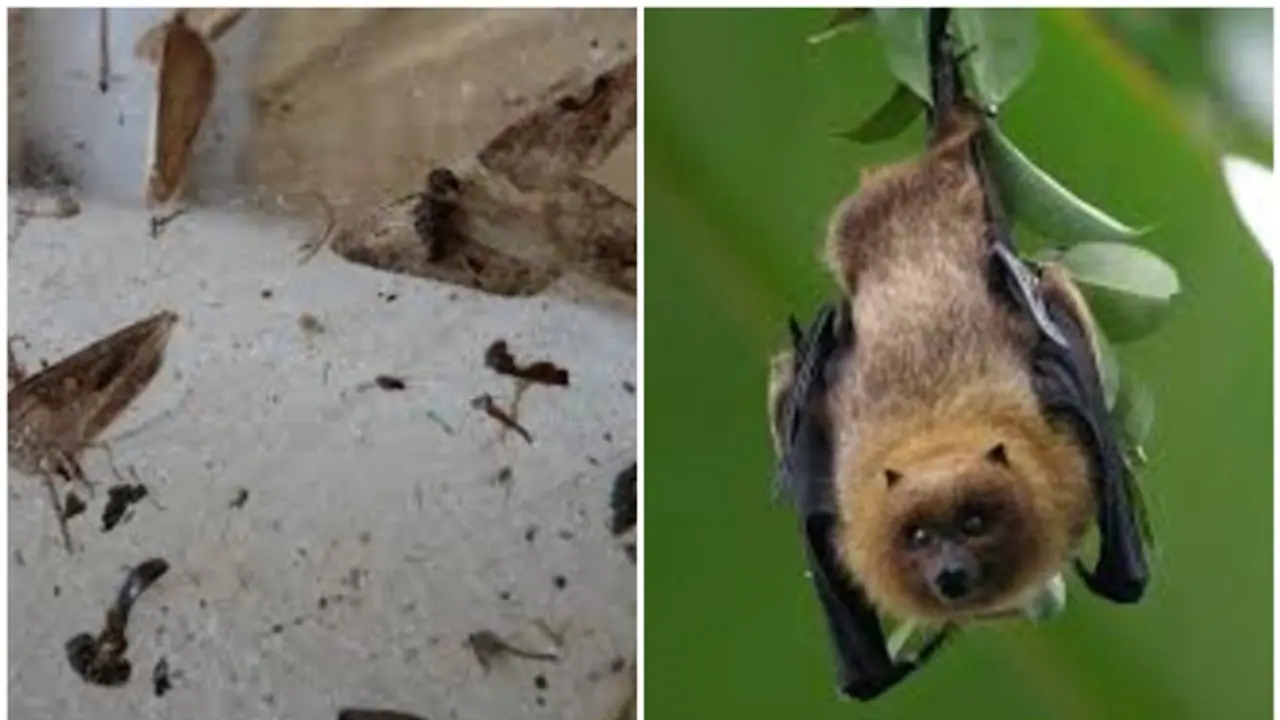In an unusual case from New York, two men who were planning to use bat poop as fertilizer to grow cannabis plants at their home died after contracting a rare fungal lung infection from it.
In an unusual case from New York, two men who were planning to use bat poop as fertilizer to grow cannabis plants at their home died after contracting a rare fungal lung infection from it. According to a report of their cases, published in the journal Open Forum Infectious Diseases, earlier this month, both men, based in Rochester, developed a condition called histoplasmosis after breathing in spores of a harmful fungus from bat poop, also known as guano.

They shared a love of "Mary Jane" and cultivated their own cannabis plants for personal use.
One of the men (59), had purchased bat guano online as a fertilizer, while the other aged 64, planned to use guano he had found in a bat-infested attic in his home.
They both suffered from symptoms including fever, chronic cough, significant weight loss, blood poisoning, and eventually, respiratory failure. They both died despite medical intervention.
"Initially described as endemic to the Ohio and Mississippi river valleys, the infection now regularly occurs in central and eastern United States, with cases reported across the entire country," the report stated, adding that each year, around one to two per 100,000 people in the US are infected with histoplasmosis.
Need for awareness
"Given the recent legalization and an expected increase in home cultivation of cannabis, along with the promotion of bat guano for this purpose, it is important to raise public awareness about the potential risk of using bat guano as fertilizer," the case report authors wrote.
The authors added that they found numerous articles calling bat guano a "natural superfood" for cannabis plants due to its high concentration of nitrogen and phosphorus.
These recent deadly cases also "emphasize the need for protective measures, such as wearing masks when handling it," the authors added.
